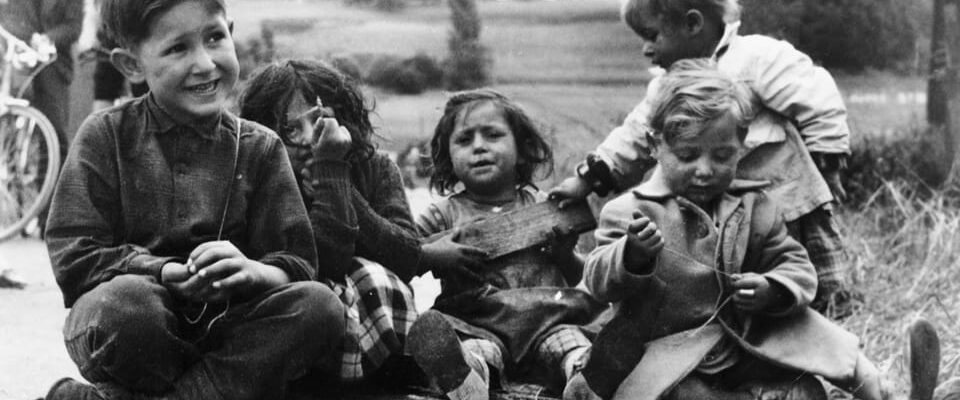Contents
The forced assimilation of Yen children in Switzerland between the 1920s and 1970s is one of the darkest chapters in Swiss social history.
In the 19th century, “clan research” became a popular field of research in Switzerland with the emergence of social Darwinist and racial hygiene theories. As a result of this research, children from Yenish families were separated from their parents by Pro Juventute’s “Children of the Country Road” aid organization. The Yenish children were to be made to settle down.
Christian Mehr was one of them.
The writer Michael Herzig tells his story and that of his mother in his book “Landstrassenkind”. A difficult project. “I was aware that I had no truths,” says the author. “On the one hand, there are the terrible experiences from the perspective of those affected, and on the other hand, there is a different view from the authorities, which I was able to gather from the files.”
His birth, a crime
Herzig vividly describes the life story of a little boy who was born in the Hindelbank women’s prison. “My mother was imprisoned because she was pregnant,” says Christian Mehr on Radio SRF’s “Tagestalk”.
The only thing that relieved my pain was morphine.
Immediately after birth, Mehr was taken away from his mother. A fate that has been repeated in his family for three generations. “I never had the chance to build a relationship with my mother,” says Mehr. The authorities were of the opinion that Christian Mehr was born in the wrong family and should go to a “good Swiss family” that would raise him to be a “good Swiss”.
At the age of 11 months he was placed in a foster family. An accident from that time still shapes his life today. According to the files, Christian Mehr fell into a scalding water bath because he was too “fidgety”. Christian Mehr does not agree with this representation. “I was deliberately put in hot water,” Mehr is convinced. Little Christian spent nine months in the intensive care unit of the Bern Island Hospital with second and third degree burns.
The wounds healed, but the pain remained. Pain that led to drug addiction. “Through the countless hospital stays, I realized: the only thing that relieved my pain was morphine.” For decades, Mehr consumed various substances, partly to numb his pain. Today he is clean: “No drugs, no alcohol,” emphasizes Mehr.
One of almost 600
The relationship with his mother, the award-winning writer and activist Mariella Mehr, was not always easy. “She fought for the whole world, but she couldn’t do it for her child,” says Christian Mehr. A tragic family story that serves as an example for many. Almost 600 children were to be forcibly assimilated between 1926 and 1973.
Legend:
Many Yenish children experienced the same fate as Christian Mehr. (Picture: Children of Swiss Travellers, unclear whether Sinti, Yenish or Roma, taken in 1950)
KEYSTONE/Str
Despite all the tragedy in his life, Christian Mehr has not lost his fighting spirit. “Since I was six years old, my basic motto has been: giving up means losing,” says Mehr. For writer Michael Herzig, he is a tireless fighter: “For me, Christian is a stand-up man. He had to endure a lot of bad things in his life and still always got back up.”
Christian Mehr’s conclusion: “We are damaged, branded, traumatized and addicted, but we are not broken.”
